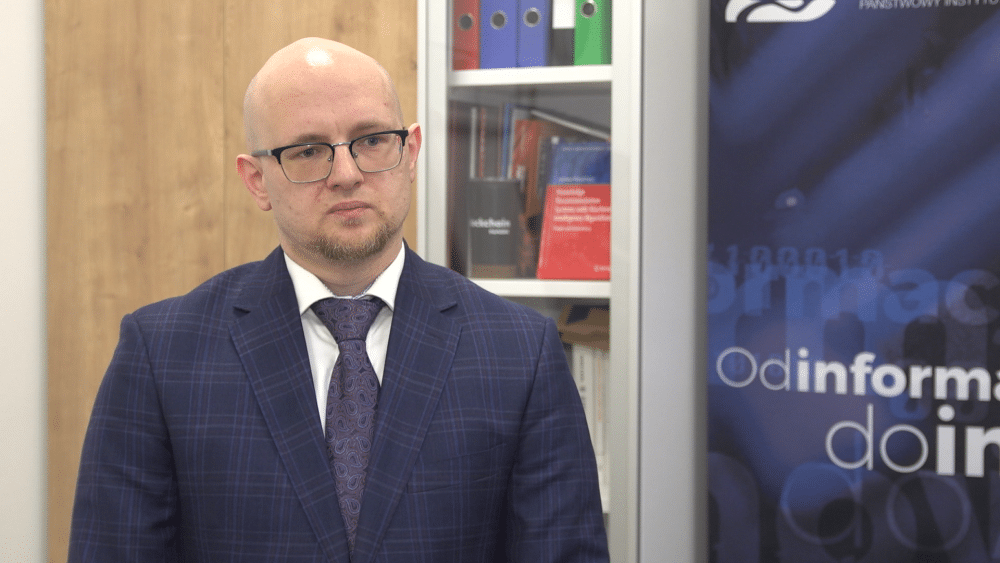Detecting content written by artificial intelligence (AI) in thesis papers will now be easier. Such a module has been added to the Uniform Anti-Plagiarism System, which is mandatorily used to determine the uniqueness of such papers. Using AI in this process is not viewed negatively by experts. However, generating content under someone else’s name is generally frowned upon in academia. There are currently no regulations governing these issues.
“We cannot accurately estimate the scale of using artificial intelligence in creating thesis papers, but this phenomenon undoubtedly exists and is increasing,” comments Marek Michajłowicz, Deputy Director of the Central Processing Information – National Research Institute. He sees no harm in a piece of work entirely generated by the student using generative AI models, but they are usually just fragments of the work.
Interest in using generative AI in writing thesis papers among students is high. According to last year’s “Technology through the students’ eyes” report by Digital Care, every fifth student is planning to use AI for this purpose this academic year. Even 68% of students claim that they will use tools like ChatGPT during their studies, mainly for translations, creating presentations, or writing term papers and homework. 60% of respondents believe that AI has a positive impact on the education process.
“It’s unlikely that the text generated by AI can be recognized by human eye, hence the need for solutions like the one we’ve implemented in the Uniform Anti-Plagiarism System,” emphasizes Michajłowicz. However, a supervisor who knows the student’s writing style and progress can determine if the work was done independently.
Since February, every college can use the Uniform Anti-Plagiarism System to check if a given thesis has been written with the use of AI.
“We constantly strive to participate in the dialogue with the academia about directions for the engineering work optimization,” stresses Michajłowicz. He adds that it’s also necessary to expand data collections, provide reference bases, and improve system ergonomics.
The implementation of the Uniform Anti-Plagiarism System in 2019 and the requirement to verify all theses turned out to be a breakthrough in the anti-plagiarism market. The system, which already has over 400 institutions and over 100,000 users, examined around 1.5 million theses in four years. However, more than 320,000 were rejected by the system as potential plagiarism.
In Poland, Cyber Science, a consortium of universities and research institutions, has created recommendations for students, doctoral candidates, and teaching and research staff concerning content generators. The clear indication that a fragment has been generated by AI is considered important.
The discussion about legalizing generative AI tools in academic writing is also taking place outside Poland. For instance, in the Netherlands, after university officials discovered that a group of students used ChatGPT to write their papers, their grades were nullified. Plagiarism in academia has serious consequences, including expulsion and the inability to defend a thesis.
